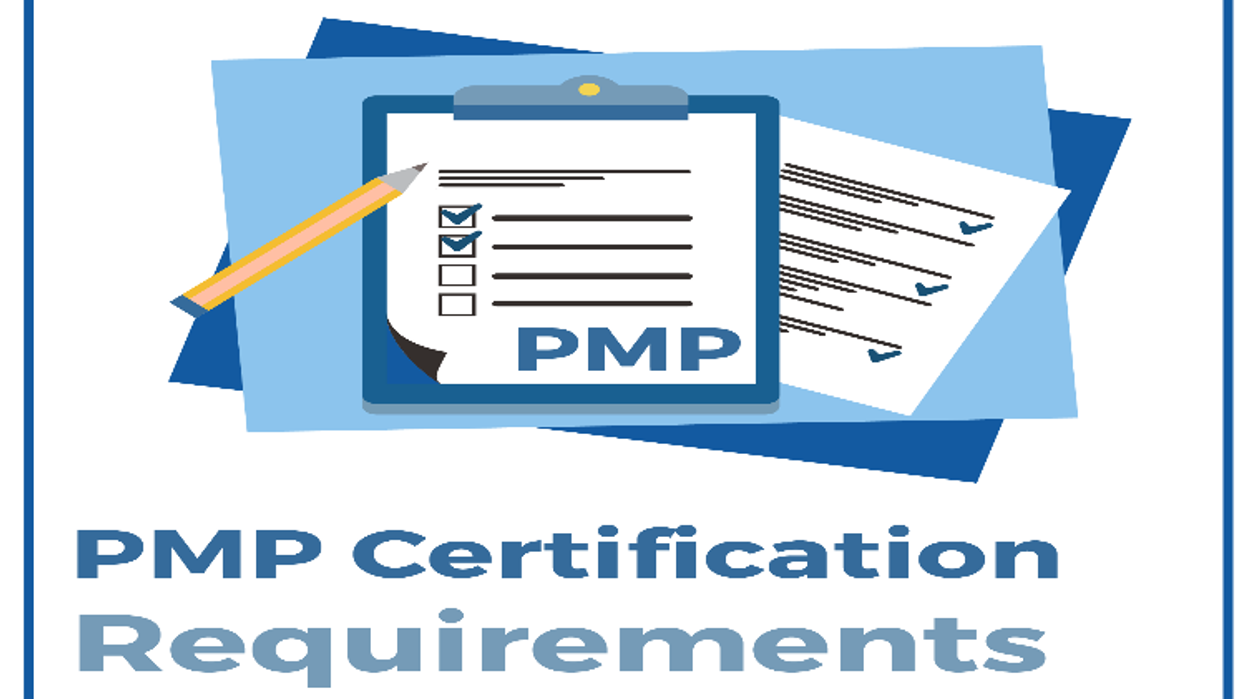Overview
Project management is one of the popular roles to be in. The profile brings exciting new challenges every day. PMP certification prepares professionals for the role in a complete way. The structure of PMP Certification is designed to provide all-around development of Project managers. Stay with us as we talk more about the requirements and criteria of PMP certifications.
What is PMP Certification?
PMP Certification, commonly known as Project Management Professional certification, is a certification designed for Project Managers. The certification was established in 1984 by Project Management Institute (PMI) as a way to standardize and streamline the project management roles in industries. The certification exam has also been ANSI/ISO/IEC 17024 accredited by International Organization for Standardization
The PMP exam has been around for 25 years and has created an authentic image of itself. Companies now demand PMP certification as a prerequisite for their Project management roles. The popularity of the exam can also be assessed from the fact that over 500,000 project managers hold this certification.
How hard is the PMP Exam?
The paper pattern and marking scheme of the PMP exam is as interesting as the Project management roles. There is no standard paper pattern. The grading of the exam is done based on relative difficulty. It means, there is no way to distinguish questions that are scored from those that are not.
About PMP Exam
PMP Exam certification validates candidates' skills and knowledge about the concepts involved in project management. Professionals can appear for the PMP certification exam a maximum of three times a year. If they fail to qualify for the exam in all three attempts, they have to reapply the next year. Let us know more about the PMP Exam sections, length, cost, and instructions for the test day.
PMP Exam Sections
PMP exam is designed to test and validate project managers' proficiency in over 20 different areas of project management. These include:
People: The profile of the Project Manager is cross-functional. A project manager has to coordinate with multiple teams simultaneously. Ence their people skills should always be on top. 42% of the test is dedicated to the people skills of Project Managers. The candidates are tested on their skills and ability to build, coach, and lead a team.
Process: The work of Project managers is to deliver MUlti featured projects well within deadlines. During the lifecycle of the project, the managers have to deal with multiple challenges and bottlenecks that need to be tackled and solved at the earliest for a smooth rollout of the Project. This calls for impeccable skills when it comes to handling, managing, incumbencies in any process.
50% of the PMP certification exam is dedicated to their skill of streamlining processes. It involves 17 tasks. The managers are tested on their knowledge and understanding of project management methodologies, planning and managing schedule, scope, and quality of projects, managing changes, issues, and/or artifacts, and effectively handling closures or transitions.
Business Environment: This is the smallest section of the PMP exam. But equally important. Every product that companies build, and Projects that organizations start to cater to their customer and audience. A project manager should always be able to plan/manage project compliance, evaluate and deliver project benefits while addressing external changes to the business environment, and organizational change.
PMP Exam Cost
PMP certification cost is $405 for PMI members and $555 for non-PMI members. Since the grading of tests is unpredictable, and also due to the high failure rate of first-timers in the exam, it is suggested that exam takers prepare well beforehand to not miss out on the opportunity. The organization provides a PMBOK Guide to study for the test. It costs $65.95 for non-members and $49.50 for members.
PMP Test Day
Here is some information about the PMP test to help you on your PMP Test day.
- Make sure to reach the venue 30 minutes before the exam
- Provide PMI code 30 minutes in advance of the exam
- You will get a built-in calculator on the exam. However, you can also ask for a handheld calculator
- You will be required to fill 15-minute survey and questionnaire before the exam
- The exam is four hours long, and there is no scheduled break
Final Verdict
PMP exam is one of the hot choices when it comes to certificates in Project Management. The exam provides everything you need to excel in your Project management career. The certification has a global appeal attached to it, and every organization prefers professionals with PMP certificates when it comes to filling their project management roles.
The PMP Certifications prepare candidates for the big challenges that come with roles such as Project managers. They make you ready for responsible positions of program managers and Senior Projects Managers. The average salary of PMP-certified managers ranges between $60,000 to $125,000.




